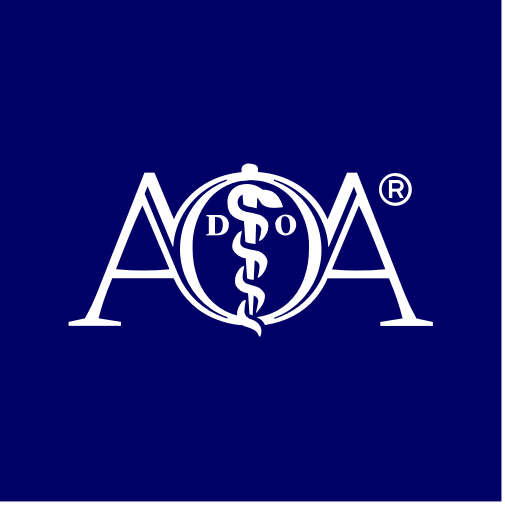
COURSE CREDITS & HOURS
16 AMA PRA Category 1 Credits™16 ACPE Credits
16.0 Contact Hours
4 Hours of Pharmacology for Nurse Practitioners
COURSE FEES
TARGET AUDIENCE
PROGRAM PURPOSE
-
Antiplatelet Therapy in Acute Coronary Syndrome
- Identify the pros and cons of the available oral antiplatelet therapies for patients discharged after an acute coronary syndrome.
- Make recommendations on the appropriate duration of therapy.
-
Anticoagulant Therapy for Atrial Fibrillation
- Discuss the use of the four newer oral anticoagulants for atrial fibrillation, and strategies to reverse these agents for severe bleeding problems.
-
Transcatheter Aortic Valve Replacement (TAVR)
- Discuss which patients are suitable for TAVR, and when referral should be considered.
-
Patent Foramen Ovale (PFO) Closure for Cryptogenic Stroke
- Discuss the role of PFO closure for secondary prevention of cryptogenic stroke.
-
What is New in the Hypertension Guidelines?
- Discuss the current recommendations for hypertension management.
-
What is New in the Hyperlipidemia Guidelines?
- Discuss current recommendations, with a focus on newer non-statin options.
- Identify current recommendations for hyperlipidemia management for primary and secondary prevention.
-
Pre-Operative Cardiac Risk Assessment
- Utilize current guidelines to properly assess the cardiovascular risk with non-cardiac surgery.
-
ECG Case Review
- Review ECGs, focusing on ischemic heart disease, arrhythmias, and metabolic disorders.
-
Health Promotion: Encouraging a Healthy Body, Mind, and Spirit
- Assess the patient's current state of physical, psychological, and spiritual health.
-
Treatment of Migraine, Tension-Type, and Cluster Headaches
- Effectively treat patients with migraine headache using non-pharmacologic means, abortive medications, and preventive medications.
- Consider that tension-type and cluster headaches are discrete sub-types of headache, each of which requires a specific diagnostic approach.
-
Diagnosing and Managing Depression: Overcoming the Blues
- Sustain initial treatment for depression for six months after remission of symptoms to lower risk of relapse.
- Recognize that depression is a common, but often misdiagnosed illness, which can be treated effectively by primary care physicians using medical therapy, psychotherapy, and adjunctive treatment.
- Utilize the following adjunctive treatments where appropriate:
- Patient education (bibliotherapy)
- Diet (limit sugar, simple CHOs, caffeine)
- Exercise (150 min/week)
- Behavioral activation (pleasant activities)
- Light (10,000 lux for 30 min daily)
- Support (iatrotherapy)
- Spirituality
-
Get Me Out of Here!: Panic Disorder and Agoraphobia in Primary Care
- Elicit and assess symptoms of panic disorder and agoraphobia.
- Apply appropriate lifestyle modification and stress management skills, including muscle relaxation, breathing control, thought-stopping, and cognitive restructuring.
-
Somatoform Disorders: Illness as a Way of Life
- Recognize the key symptoms, signs, and clinical presentation of somatizing patients.
-
Communication: Becoming a Healer
- Consider the clinician's role from the personal and psychosocial aspects of care their clinicians.
-
The Faith Factor: Practicing Spiritually-Sensitive Care
- Elicit a spiritual history in an ethically-appropriate manner.
- Recognize that spiritually-sensitive care enhances the clinician-patient relationship and may positively influence health care outcomes.


































